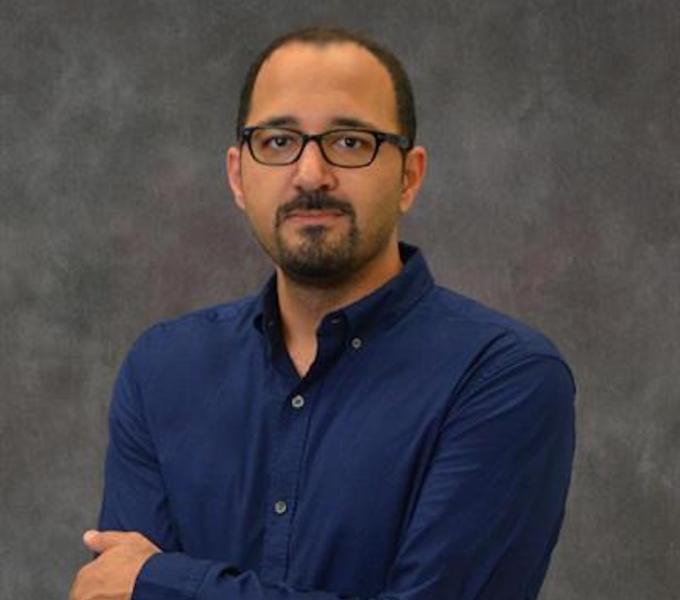Masoud Barati received his PhD in electrical engineering from the Illinois Institute of Technology, Chicago, in 2013. He has held postdoc position at University of Chicago Booth School of Business 2014. Currently, he serves as an assistant professor in the Department of Electrical and Computer Engineering at the University of Pittsburgh. Masoud's primary research centers on developing advanced optimization and control algorithms for electric power systems. His expertise includes solving the optimal power flow problem, enhancing grid resiliency, designing transactive energy management systems, and integrating microgrids. Additionally, he develops algorithms for AC optimal power flow in power system operation and planning. His work intersects with algebraic geometry, category theory, quantum computing, data science, and optimization theory, with a particular focus on power grid applications and the management of multi-interdependent infrastructures. In the field of space exploration, Masoud’s work addresses the critical challenges of power generation and distribution for lunar missions, with a specific focus on Permanently Shadowed Regions. These areas, which never receive direct sunlight, present unique difficulties in maintaining reliable power systems. Masoud investigates the degradation of batteries under the extreme conditions of the lunar environment, which include severe temperature fluctuations, radiation, and the absence of sunlight. His research seeks to optimize the placement of photovoltaic systems to maximize the capture of any available light and explores innovative technologies such as Wireless Power Transfer at Distance to efficiently distribute power across the lunar surface. By employing advanced optimization methods like the Quantum Approximate Optimization Algorithm, Masoud’s work aims to enhance the efficiency, resilience, and sustainability of power solutions for future lunar missions, ensuring that critical systems remain operational even in the most challenging environments.

